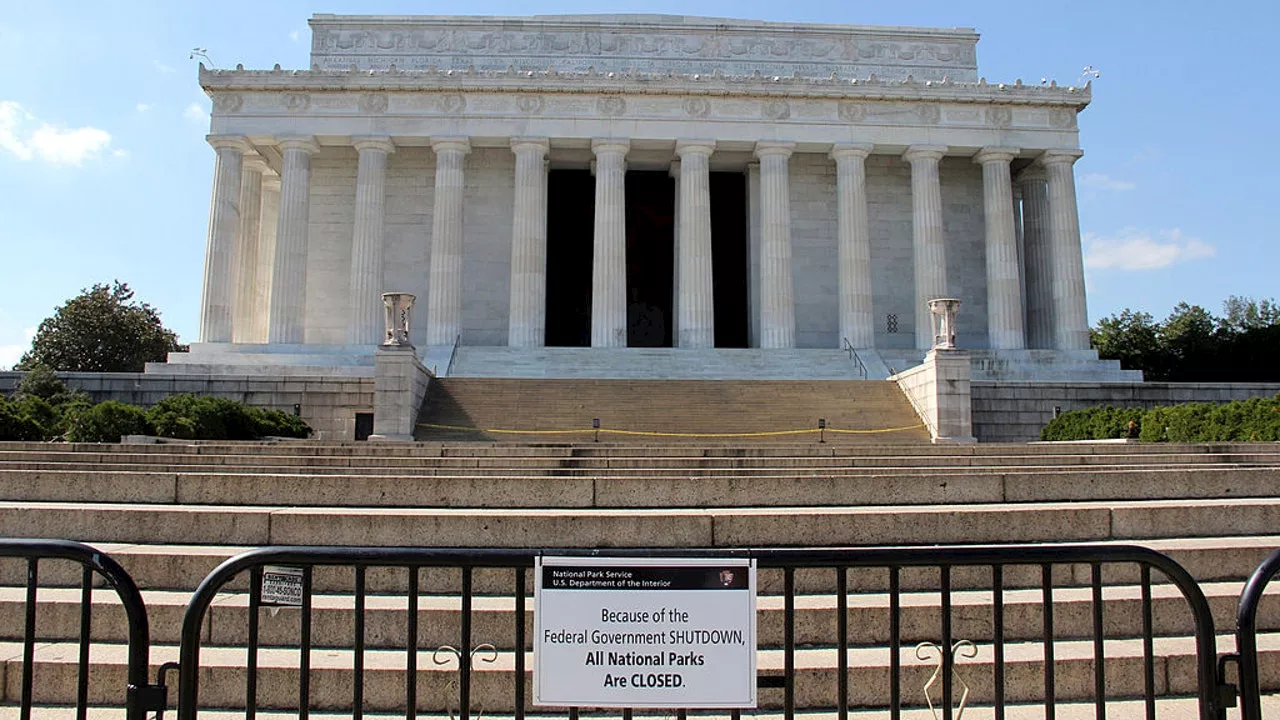Health
Senate Negotiates Over Weekend as Government Shutdown Reaches Day 40

As the federal government shutdown stretches into its 40th day, the Senate has convened over the weekend to address the ongoing budget impasse, primarily driven by divisions over health care funding. Lawmakers are striving to find a bipartisan solution to reopen the government, which has left numerous federal workers unpaid and many government services suspended.
The weekend sessions began slowly on Saturday, with senators grappling to reach an agreement. Central to the discussions is funding for the Affordable Care Act. Senate Democrats have introduced an interim plan that seeks to renew tax credits aimed at making health insurance more affordable for millions of Americans for an additional year.
Senate Minority Leader Chuck Schumer emphasized the urgency of the situation, stating, “I know many Republicans stormed out of the gate to dismiss this offer, but that’s a terrible mistake. Our offer is not a new policy. It’s simply agreeing to maintain current funding levels.”
In contrast, Senate Majority Leader John Thune quickly dismissed the proposal, labeling it “just more of the same – masking rising premiums and padding insurance companies’ profits with more taxpayer dollars.” Thune characterized Schumer’s plan as a “non-starter,” further complicating negotiations.
Amidst the deadlock, President Donald Trump has suggested that Republicans consider eliminating the Senate filibuster, which requires 60 votes for most legislation. This move would allow the GOP to bypass Democrats entirely. Trump also proposed that Congress should provide direct financial assistance to Americans for purchasing health insurance.
Schumer has criticized Republicans for neglecting the needs of everyday citizens, stating, “Every single state is impacted. Most of all, Republican states. Doing nothing is derelict because people will go bankrupt, people will lose insurance, people will get sicker.” He urged Republicans to take action, warning that inaction could have dire consequences for Americans reliant on federal services.
According to David Levine, a professor at UC College of the Law in San Francisco, the prolonged shutdown will intensify pressure on Congress to reach a compromise. “The election results earlier this week make the Democrats think the Republicans will blink,” Levine noted. “But as the air-traffic system starts falling apart and we get closer to Thanksgiving, that’s going to create a lot of pressure on Congress to get something done.”
So far, Thune has not scheduled a vote for the Senate floor, but the chamber is expected to reconvene on Sunday. The ongoing negotiations reflect the complexities of balancing political interests with the pressing needs of the public during this challenging period.
-

 Lifestyle4 months ago
Lifestyle4 months agoLibraries Challenge Rising E-Book Costs Amid Growing Demand
-

 Sports3 months ago
Sports3 months agoTyreek Hill Responds to Tua Tagovailoa’s Comments on Team Dynamics
-

 Sports3 months ago
Sports3 months agoLiverpool Secures Agreement to Sign Young Striker Will Wright
-

 Lifestyle3 months ago
Lifestyle3 months agoSave Your Split Tomatoes: Expert Tips for Gardeners
-

 Lifestyle3 months ago
Lifestyle3 months agoPrincess Beatrice’s Daughter Athena Joins Siblings at London Parade
-

 World3 months ago
World3 months agoWinter Storms Lash New South Wales with Snow, Flood Risks
-

 Science4 months ago
Science4 months agoTrump Administration Moves to Repeal Key Climate Regulation
-

 Science3 months ago
Science3 months agoSan Francisco Hosts Unique Contest to Identify “Performative Males”
-

 Business4 months ago
Business4 months agoSoFi Technologies Shares Slip 2% Following Insider Stock Sale
-

 Science4 months ago
Science4 months agoNew Tool Reveals Link Between Horse Coat Condition and Parasites
-

 Sports4 months ago
Sports4 months agoElon Musk Sculpture Travels From Utah to Yosemite National Park
-

 Science4 months ago
Science4 months agoNew Study Confirms Humans Transported Stonehenge Bluestones









